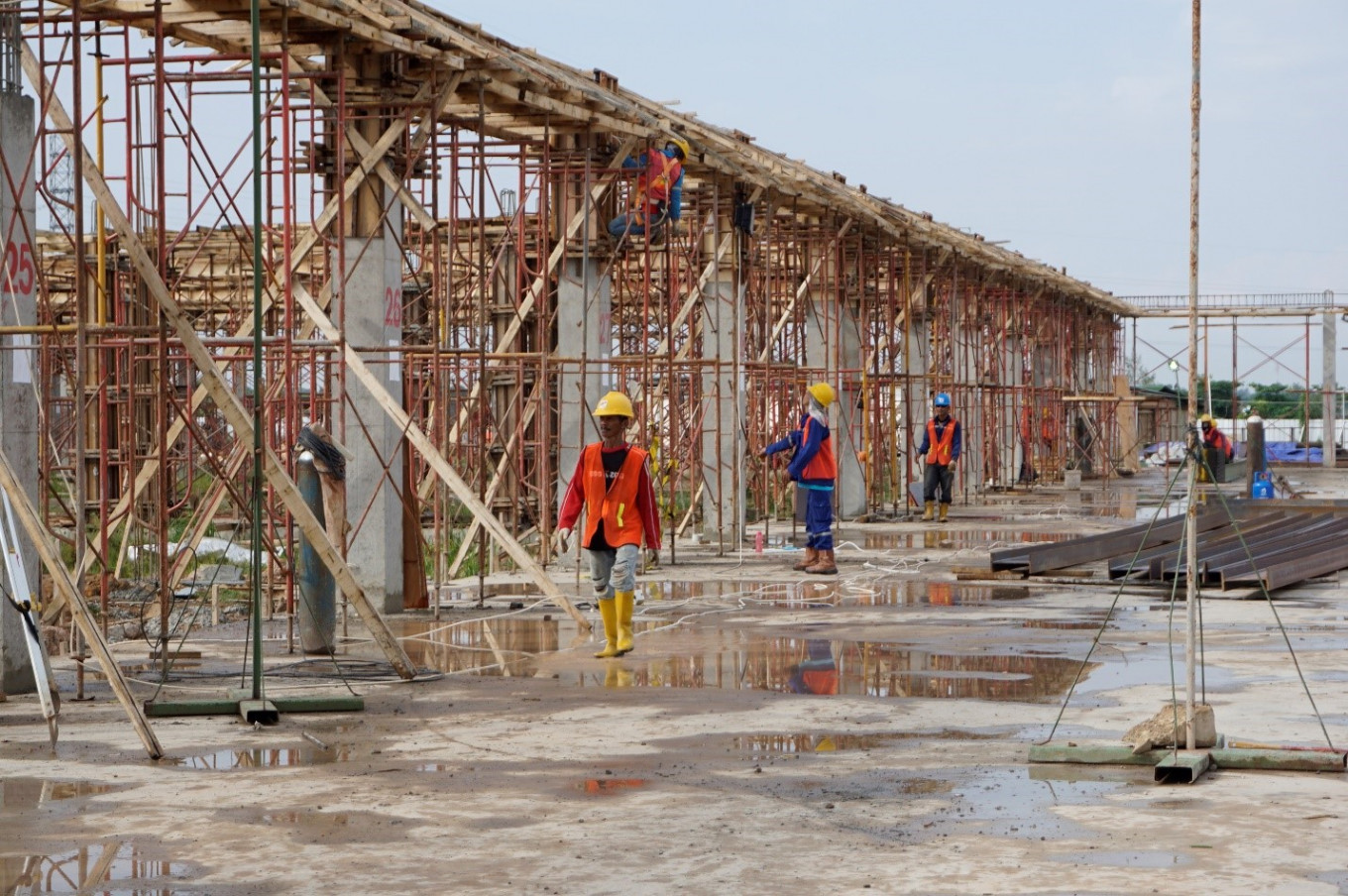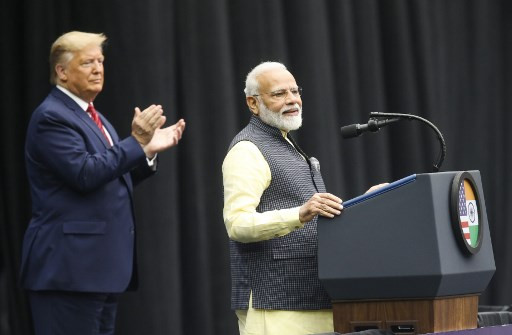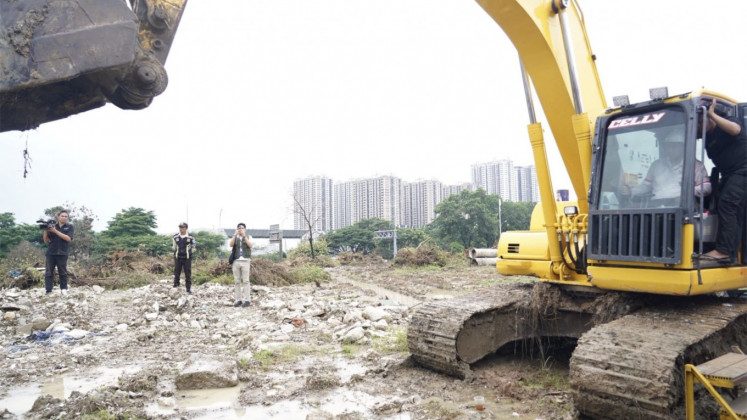Popular Reads
Top Results
Can't find what you're looking for?
View all search resultsPopular Reads
Top Results
Can't find what you're looking for?
View all search resultsGovt revises up 2025 state budget revenue, state spending to drive more quality
Change text size
Gift Premium Articles
to Anyone
The government has revised up the 2025 State Budget revenue target to Rp 3,005.1 trillion from Rp 2,996.9 trillion.
The increase in the target is also followed by a rise in state expenditure set in the 2025 State Budget, compared with the 2025 draft state budget, from the original Rp 3,613.1 trillion to Rp 3,621.3 trillion, with the deficit retained at the level of 2.53 percent.
The expenditure for ministries/institutions has also been revised up from Rp 976.8 trillion to Rp 1,160.1 trillion. The expenditure for non-ministries/institutions has been revised down from Rp 1,716.4 trillion to Rp 1,541.4 trillion because the budget to support the superior programs has also been distributed to technical ministries/institutions.
Head of the State Budget Policy Center at the Finance Ministry’s Fiscal Policy Agency (BKF) Wahuyu Utomo revealed the above issues during a media gathering in Anyer, Banten, on Sept. 25.
The priority in the 2025 State Budget is driving the development agenda. The priority funding is allocated for the education sector, amounting to Rp 724.3 trillion; social protection (Rp 504.7 trillion); infrastructure (Rp 400.3 trillion); food resilience (Rp 139.4 trillion) and law and defense and security (Rp 375.9 trillion).
Apart from enhancing access and education quality through the existing programs, including the Smart Indonesia Program (PIP), the KIP Kuliah Program, the School Operational Assistance (BOS) etc., the education spending will also cover the distribution of nutritious food for students, school renovation and development and strengthening link-and-match with the job market.
Meanwhile, the synergy and integration of social protection (perlinsos) is supported by the perlinsos budget, including the continuation of the perlinsos program that has been run earlier. “We want to move ahead in line with the higher economic growth, the people’s continually increasing prosperity. Therefore, acceleration of poverty alleviation is what we need, not only trimming down the poverty rate through the adaptive program empowerment-based social protection programs, but also reinforcing the perlinsos program throughout life,” Wahyu explained.
He further noted that the infrastructure spending would be harnessed to support economic transformation, which included connectivity, downstream industry, food and energy resilience. On top of that the food resilience will be supported by developing food barns and providing farmers with increased access to finance.
Meanwhile, the health budget will be allocated to, among other things, reduce stunting prevalence and tuberculosis (TBC) cases, building quality hospitals and free-of-charge health check programs and the enhancement of the effectiveness of the national health insurance (JKN).
“Maintaining economic stability will be focused on at least four points: Food resilience, energy resilience, exchange rate stability and fiscal sustainability. So, if the four things can be maintained, then economic stability can be stronger. This will serve as a foundation for economic transformation,” Wahyu explained.
Source: Finance Ministry










